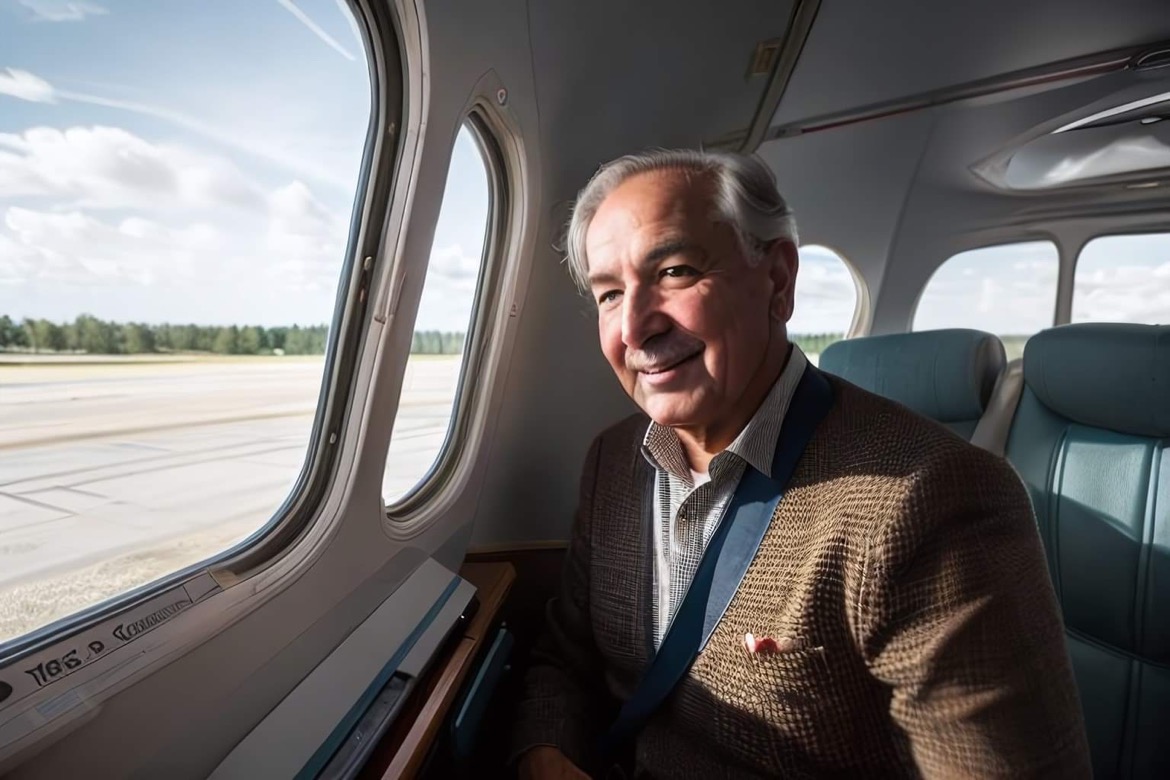As people talk more about what might have happened to Alfred Loewenstein, and as everyone tries harder to find answers, I can't stop wondering if we will ever know the truth. And who will be the one to figure it out? The French, the British, or the Belgians? So, let's reveal the truth.
I recommend reading the article from yesterday (link is below) if you want to know what this story is about. Or if you just want to know the end, that's cool too :)
PART TWO
The search for Loewenstein continued for fifteen days, still with no sign of him. Then, a surprise awaited a French fisherman at sea. 15 km from the coast, he pulled a bloated, decomposing body from the water, emitting a terrible stench. The body, almost naked, dressed only in silk stockings, underwear, and elegant shoes, was quickly identified as Loewenstein. The family was notified, and the fisherman received a reward of 5,000 today's dollars for his discovery. The autopsy, spanning almost a month, revealed no toxic substances, normal alcohol levels, and no signs of physical violence. But, he never drank, so how did they find alcohol in his body?
Numerous theories circulated about what had happened, with many journalists suggesting foul play. Passengers were pressured for information, though their accounts were generally consistent, but with some illogical statements. Questions revolved around the possibility of opening the exit door in-flight, changing the toilet and exit doors on a private plane, and the passengers' inability to sense anything at 200 km per hour. The plane was small and with a wooden partition, but the passengers didn't see or hear anything? Another question, how did the door close back in the first place? Soon after that, the manufacturers of this plane also came forward and made an attempt. They sent two strong men on the plane who tried to open the planes during the flight, but they managed to open them just enough for one to crawl through. So, the theory that a single man can open the door during the flight is unfortunately not true. Despite these contradictions, passengers maintained their version of events. The motive for a possible suicide remained unclear, as did why the crew would assist in such an act, especially considering their promising futures. With no satisfactory answers, questions remained unanswered, including why they landed on the French coast when the airport was a mere 5 minutes away, and why the French and British police halted the investigation within days.

No one from the crew spoke about this case later. Pilot Donald Drew died in 1936, but he had already been diagnosed with colon cancer in 1928. Knowing that he would not live much longer, he decided to accept a bribe to kill a rich man and then spend the rest of his life living lavishly?
Then, in 1932, another tragedy occurred. Fred Baxter was Alfred's assistant or, as some say, the go-to person for everything. After Alfred's death, Baxter started working for Alfred's son, with whom he got along perfectly. One day, Baxter visited Robert at his apartment, but no one knows exactly what happened there. Robert left his apartment soon after, instructing Baxter to wait for him. When he came back, the door was locked, and there was a note on it written by Baxter, warning him not to enter. Since it was his apartment, he decided to climb through the balcony. There, he found Baxter with a gunshot wound in the shadows and surrounded by a pool of blood. The police determined that the gun belonged to Robert, and according to his statement, Baxter allegedly borrowed money from him and gambled it away, then shot himself. However, he earned very well and was never short of money. Traces of alcohol were found in his stomach, leading to theories that, under the influence of alcohol, he may have disclosed something about Robert's father's death, prompting Robert to shoot him. Again, there was no answer, and the case was closed as a suicide. Robert never disclosed what exactly happened, but unfortunately, he himself died in 1941 in a plane crash. They said that plane crashed due to a system error, but this too was never confirmed.
With the police no longer investigating, certain investigators sought information about Loewenstein's colleagues and partners. Loewenstein, known to have more enemies than friends, drew suspicion to his biggest rival in the silk trade, Henry Dreyfus. Dreyfus allegedly provided information to Belgian newspapers, accusing Loewenstein of money laundering and illegal business. Faced with defamation, Loewenstein planned to sue but passed away before taking any action.
Subsequently, business partners Albert Pam and Frederick Szarvasy became suspects as the value of their shares surged significantly after Loewenstein's death. The sudden appearance of mysterious profits in the company, coinciding with numerous insurance policies taken out before his demise, fueled suspicions. Madeleine, Loewenstein's wife, also faced scrutiny. Despite not attending the funeral, she swiftly sought her husband's death certificate, estimating her potential inheritance at around 800 million euros. The motivations behind her actions, considering her already comfortable life, remained unclear.
The case faded into oblivion over time, leaving the truth shrouded in mystery. The history serves as a reminder that even the wealthy do not always find a happy ending.
What are your thoughts on what transpired? Do you also have a theory? Share it in a comment.
Source: Digging deep with a caffeine high!
Pic: Decided it was time to join the Midjourney crew.
Big thanks: Shoutout to my husband for being the rock who handles all my endless questions, and to the awesome #Hive community for letting me geek out about my passion for history and mysteries
With love, @tinabrezpike ❤️
